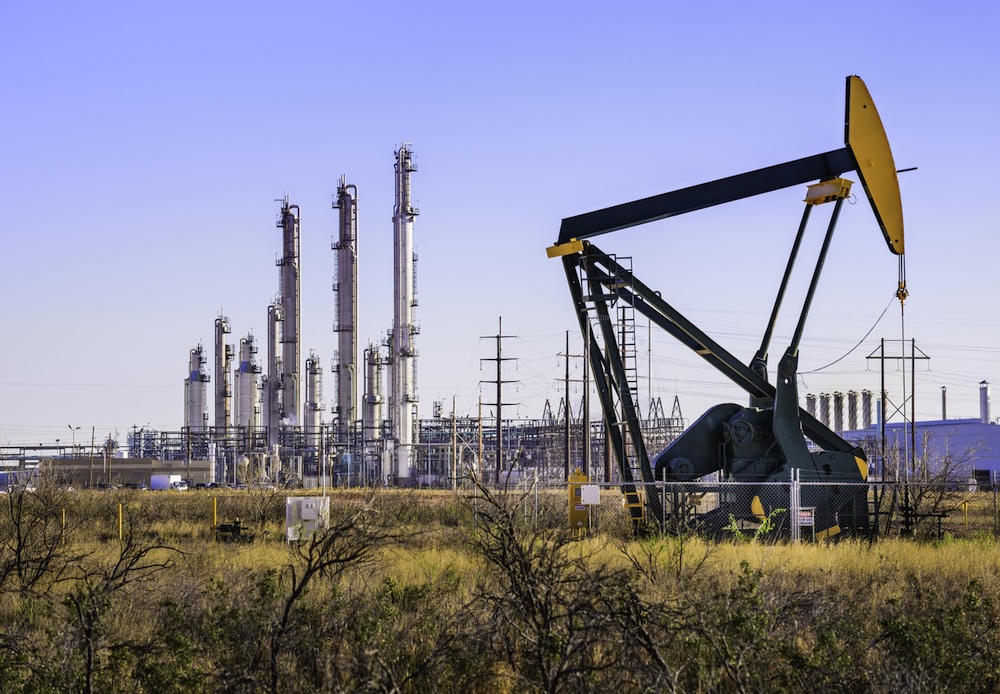
Texas Oilfield Wrongful Death Lawyer
It’s no secret that Texas is the nation’s top oil producer.
A first-of-its-kind study from the U.S. Center for Disease Control (CDC) has now confirmed that the Lone Star State also leads in oilfield deaths, far outpacing every other state in the country.
219 Texas Oilfield Deaths From 2018 through 2023
The study draws on five years’ worth of statistics (2018 through 2023) collected by the federally maintained Fatalities in Oil and Gas Extraction Database. At least 470 oilfield worker deaths were recorded nationwide during that period, including 219 in Texas. Oklahoma logged the second-highest number of oilfield deaths, while 39 fatalities occurred in North Dakota, enough for third place.
The Permian Basin, the sedimentary formation stretching across western Texas and southeastern New Mexico responsible for 40% of the nation’s oil production, accounted for about 30% of all oilfield fatalities. A total of 15.7% of worker fatalities occurred in the Western Gulf Basin, followed by the Appalachian and Williston Basins with 9.1% and 8.5%, respectively
More than 60% of oilfield fatalities involved well-servicing company workers, followed by drilling contractors (17.9%) and operators (5.1%). The most common operational phases associated with worker deaths were production (17.7%), roadway (16.2%), well servicing, intervention, or workover (14.3%) and drilling operations (14.0%).
At least 80 (17%) oilfield worker fatalities recorded during the study period resulted from 32 separate multi-fatality incidents.
Motor Vehicle Crashes Leading Cause of Oilfield Fatalities
Motor vehicle crashes were the leading cause of oilfield deaths, accounting for nearly 29% of all fatalities nationwide. Being hit by an object was cited in nearly 22% of fatal incidents, while explosions were responsible for more than 14% of the deaths reported between 2018 and 2023.
Motor vehicle crashes have long been a significant cause of oil and gas fatalities, particularly in the Permian Basin. When the fields are booming, drilling companies need thousands of heavy trucks and 18-wheelers to transport sand, water, and other supplies to and from their operations. However, because of a chronic shortage of experienced drivers, they often hire inexperienced truckers from outside the area who lack the familiarity or know-how to safely navigate the rural roads and highways typical of West Texas and southeastern New Mexico. With so many inexperienced truckers working consecutive 12-hour shifts to keep the oil flowing 24/7, oilfield truck accidents are a frequent occurrence.
“In the Permian Basin, you have an industry that moves at the speed of business,” Michael Smith, managing director of the Permian Road Safety Coalition, told The Texas Tribune. “That creates a tempo that is very fast, and it translates onto the ground and onto workers that feel the need to push the envelope.”
Why is Oilfield Work so Dangerous?
Oilfields are inherently dangerous workplaces. In fact, those employed in the industry historically have a fatality rate 7 times that of other workers in the United States. Some key reasons for the higher-than-average death rate include:
- High-Pressure Equipment: Oilfields involve the use of high-pressure equipment such as drilling rigs, pumps, and pipelines. A failure in any of this equipment can result in catastrophic accidents, including explosions and fires.
- Flammable Substances: Oil and natural gas are highly volatile. Any release of these substances can lead to fires and explosions.
- Toxic Gases: Oilfields often release poisonous gases, such as hydrogen sulfide (H2S), which can be lethal if workers are exposed to them without adequate protection. Breathing in these gases can lead to severe health issues or even death.
- Heavy Machinery: The oil and gas industry relies on heavy machinery and equipment, which can be dangerous to operate. Inexperienced or fatigued workers may be at a higher risk of accidents involving this machinery.
- Confined Spaces: Oilfield workers often have to work in confined spaces like storage tanks, which can be dangerous due to limited ventilation and the potential for toxic gas buildup.
- Long Hours and Fatigue: Many oilfield jobs require long hours and irregular shifts, which can lead to fatigue. Fatigued workers are more prone to mistakes that can result in potentially fatal accidents.
- Remote Locations: Oil and gas operations are frequently located in remote or isolated areas, making it more challenging for emergency services to respond quickly in case of accidents.
While the industry must adhere to strict regulations and follow rigorous safety procedures to mitigate these hazards, a lack of adequate oversight often allows violations to go unchecked, especially during boom times when drillers are rushing to get as much oil and gas from the ground before prices fall.
“Continued surveillance of worker fatalities in the OGE industry can help identify new safety and health hazards, especially as demand for oil and gas continues and characteristics of the OGE workforce and technology constantly change,” the CDC report concludes. “Robust safety and health management systems, a positive workplace safety culture, and collaboration among government, academic institutions, and industry partners are essential to improving worker safety.”
Undefeated Oilfield Accident Lawyers: Call 1-888-603-3636 or Click Here for a Free Consultation.
In addition to being Undefeated, our Oilfield Injury Lawyers have won billions – including the #1 largest oilfield accident recoveries in US history – for workers who were seriously injured, catastrophically burned, and tragically killed in preventable accidents and explosions at drilling operations in Texas, Louisiana, New Mexico, Montana and Wyoming.
To learn more about our success representing injured oilfield workers and their families, visit our “Results” page or see what our clients have said about their experience with our firm.
All consultations are free, and you won’t pay us a dime unless we win your case. Call 1-888-603-3636, use the “chat” button on our homepage, or send us a confidential email through our “Contact Us” form.